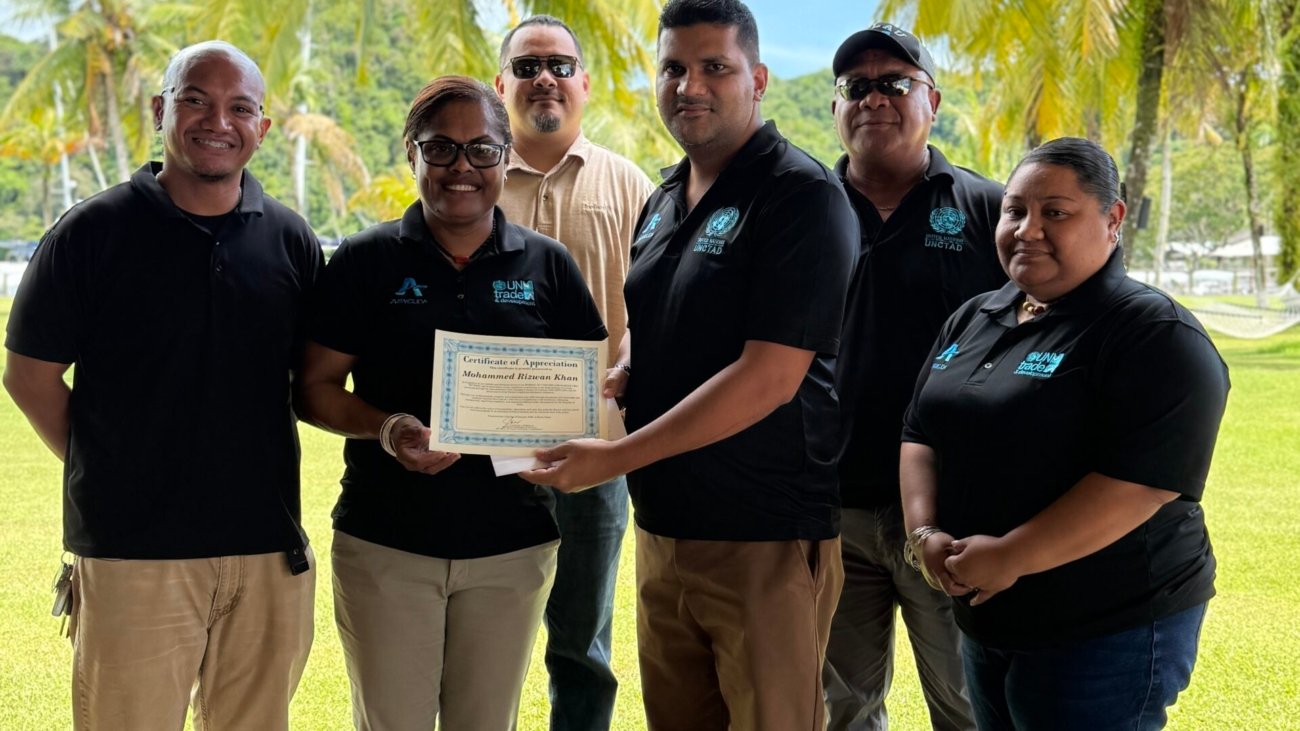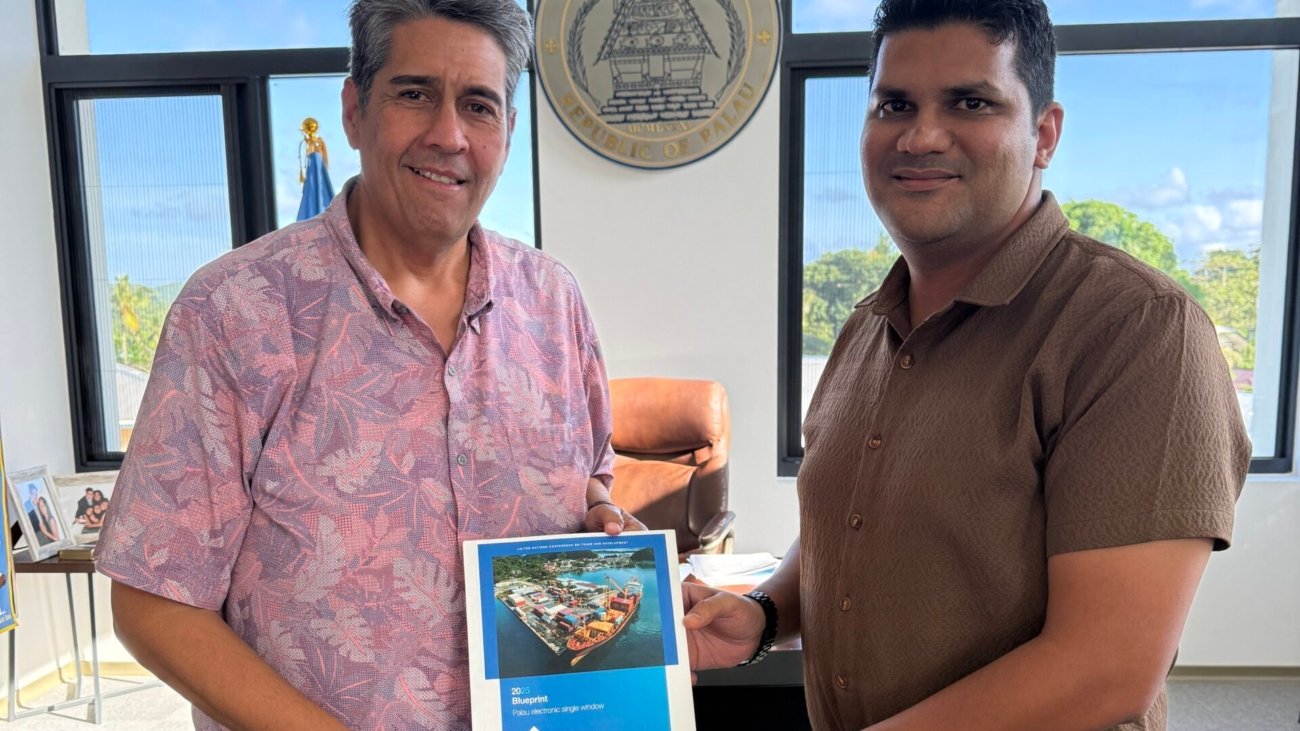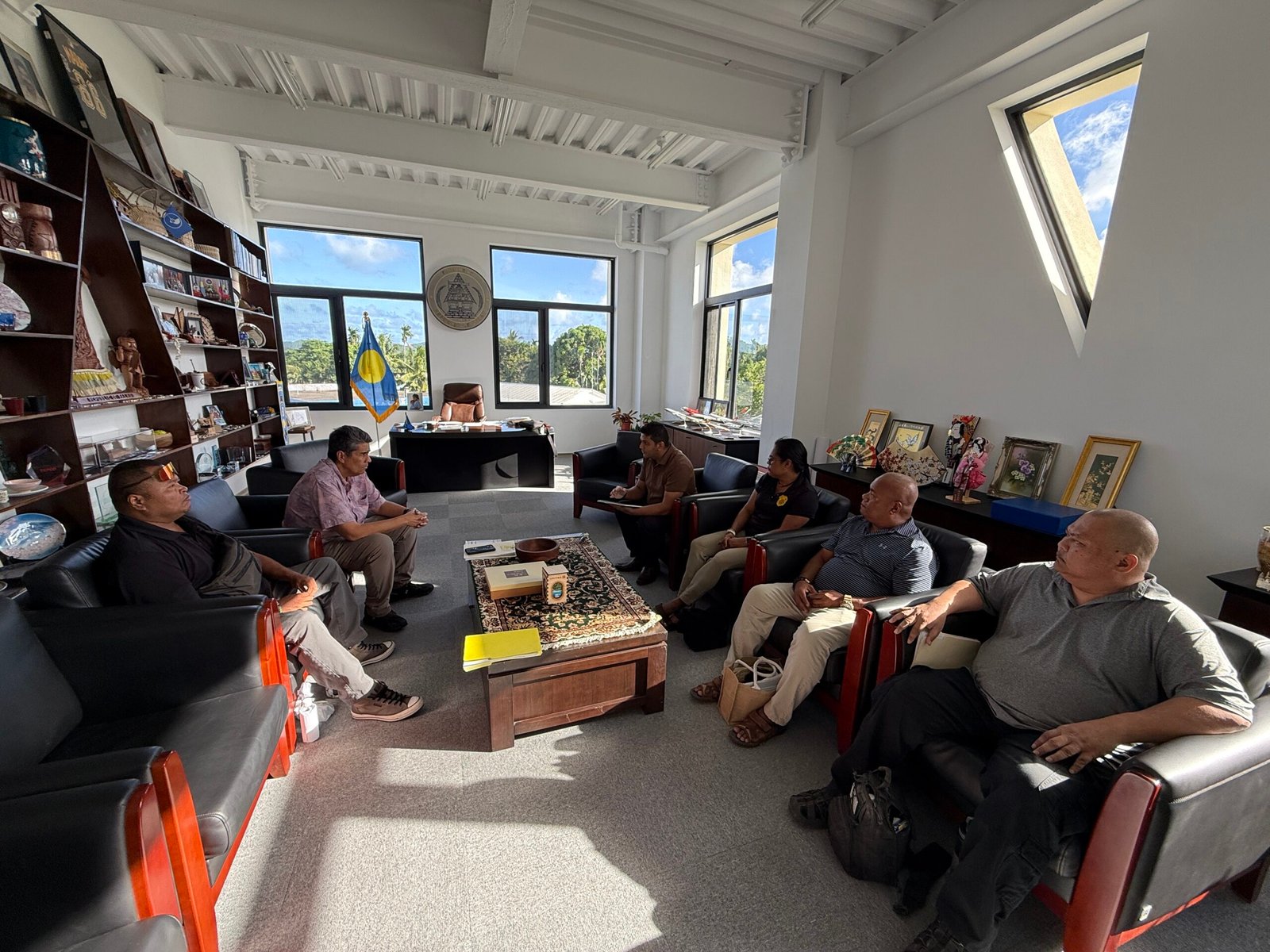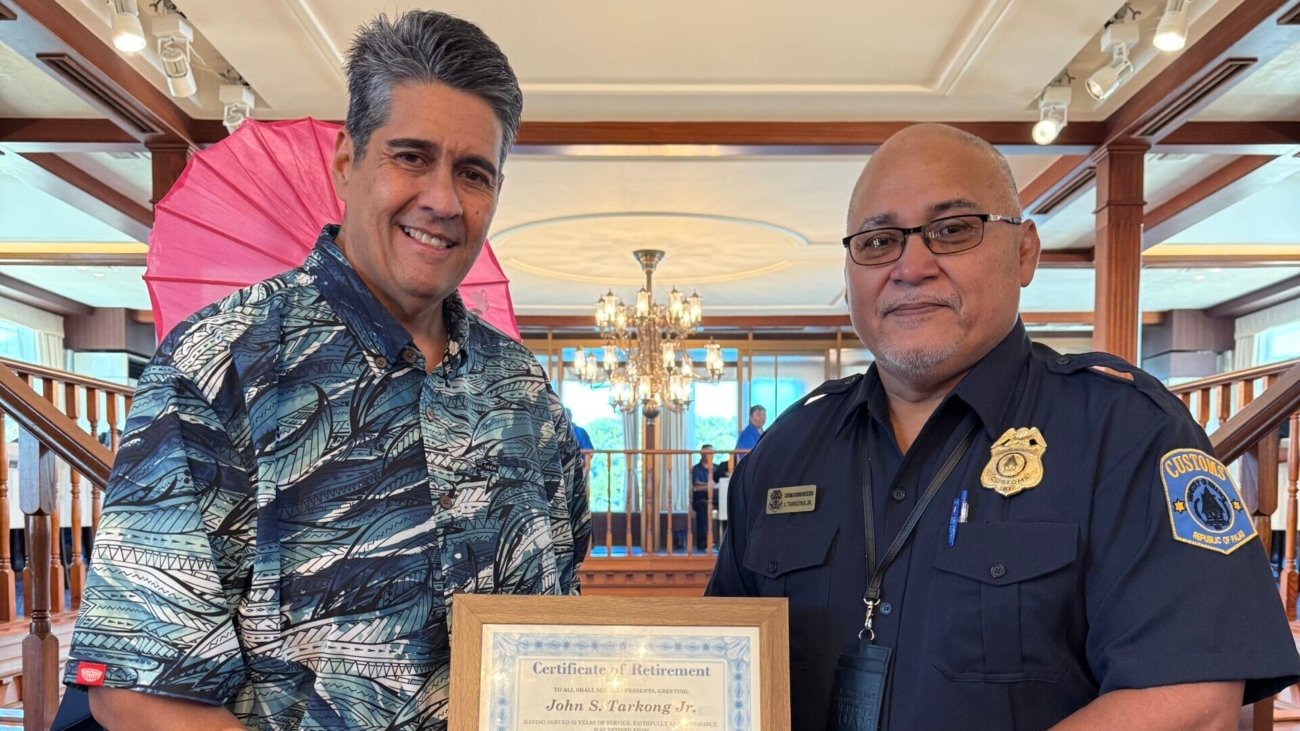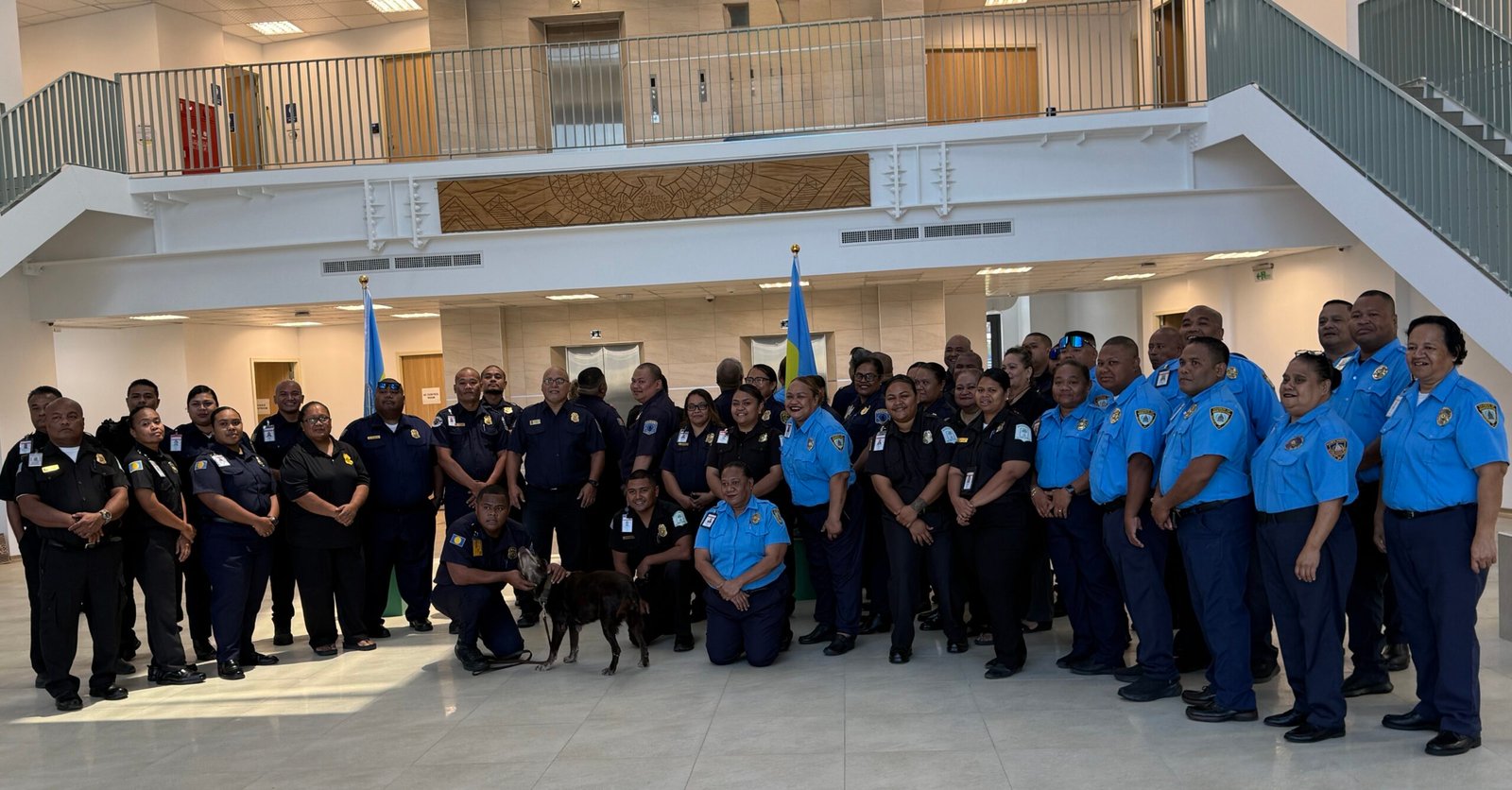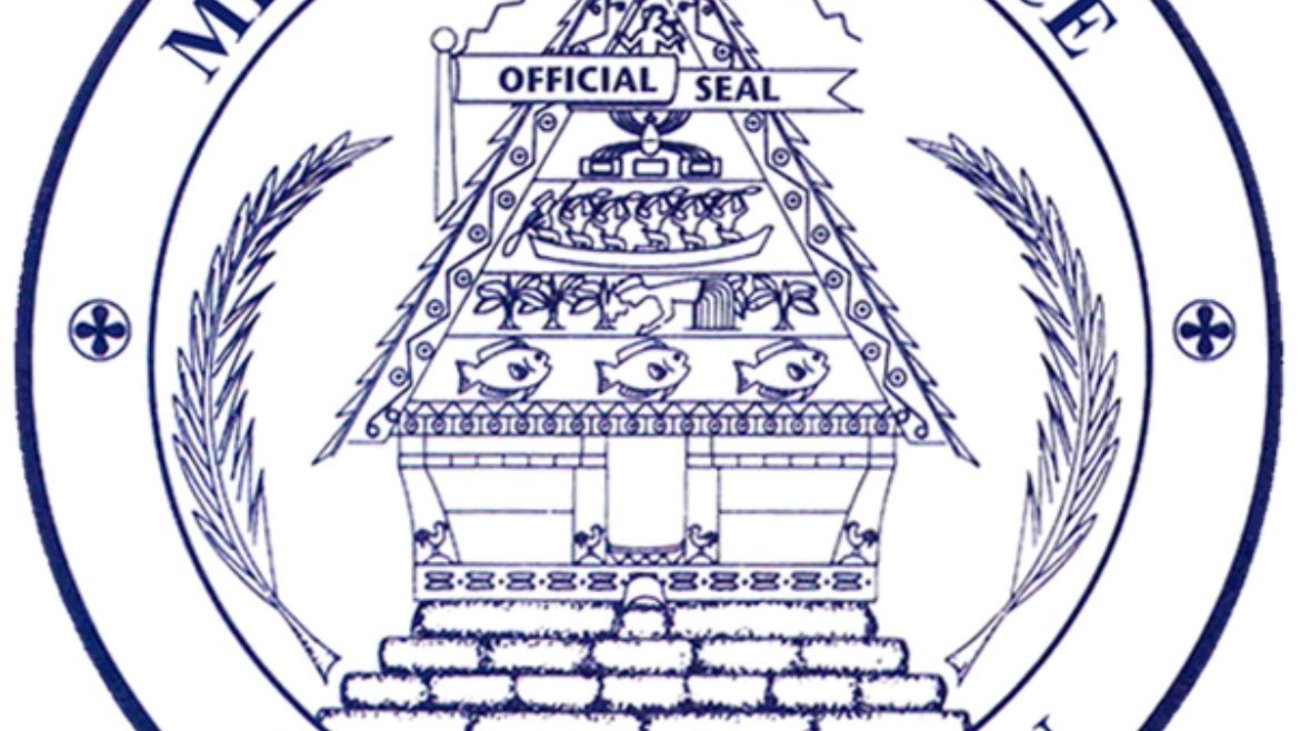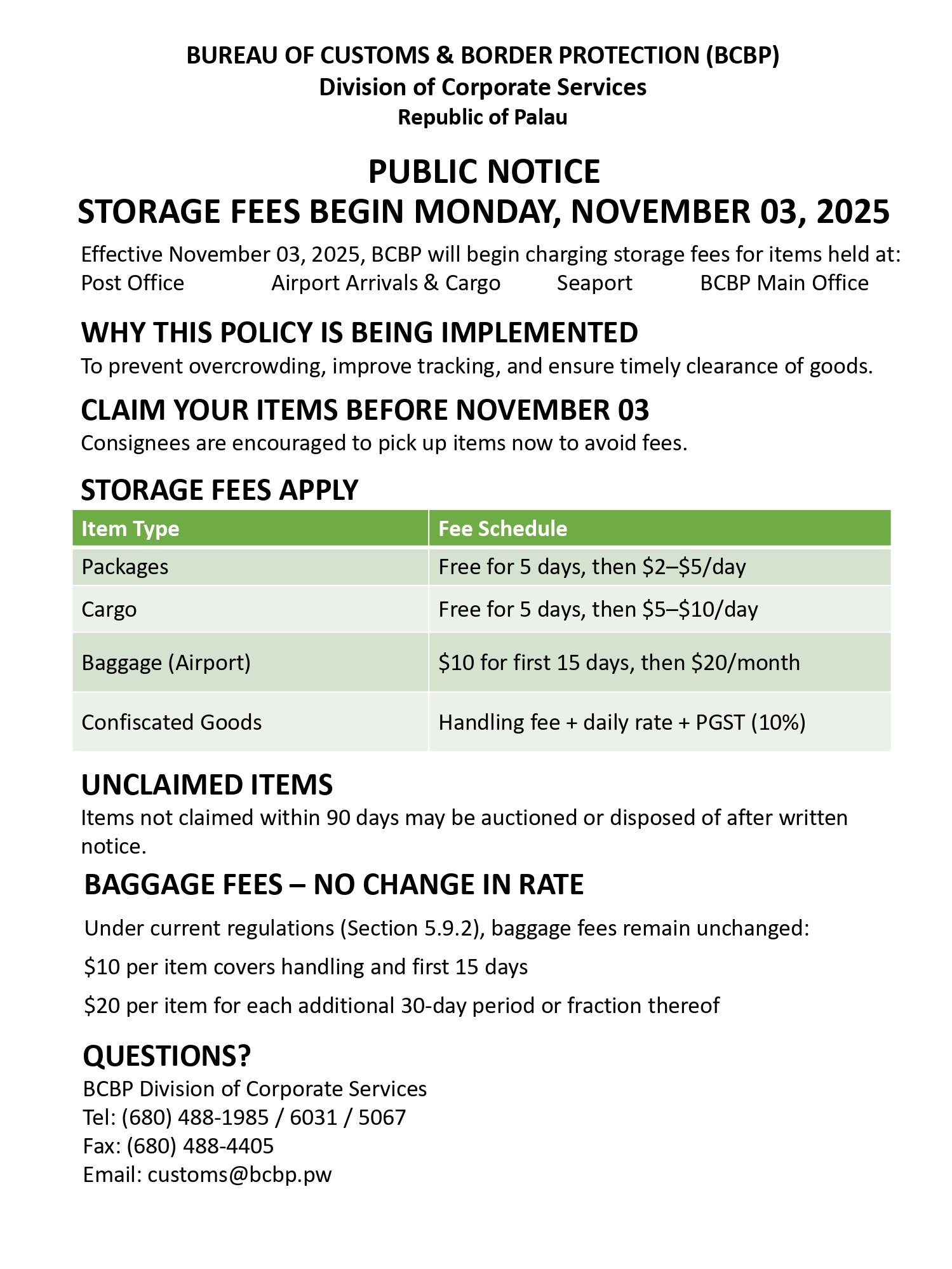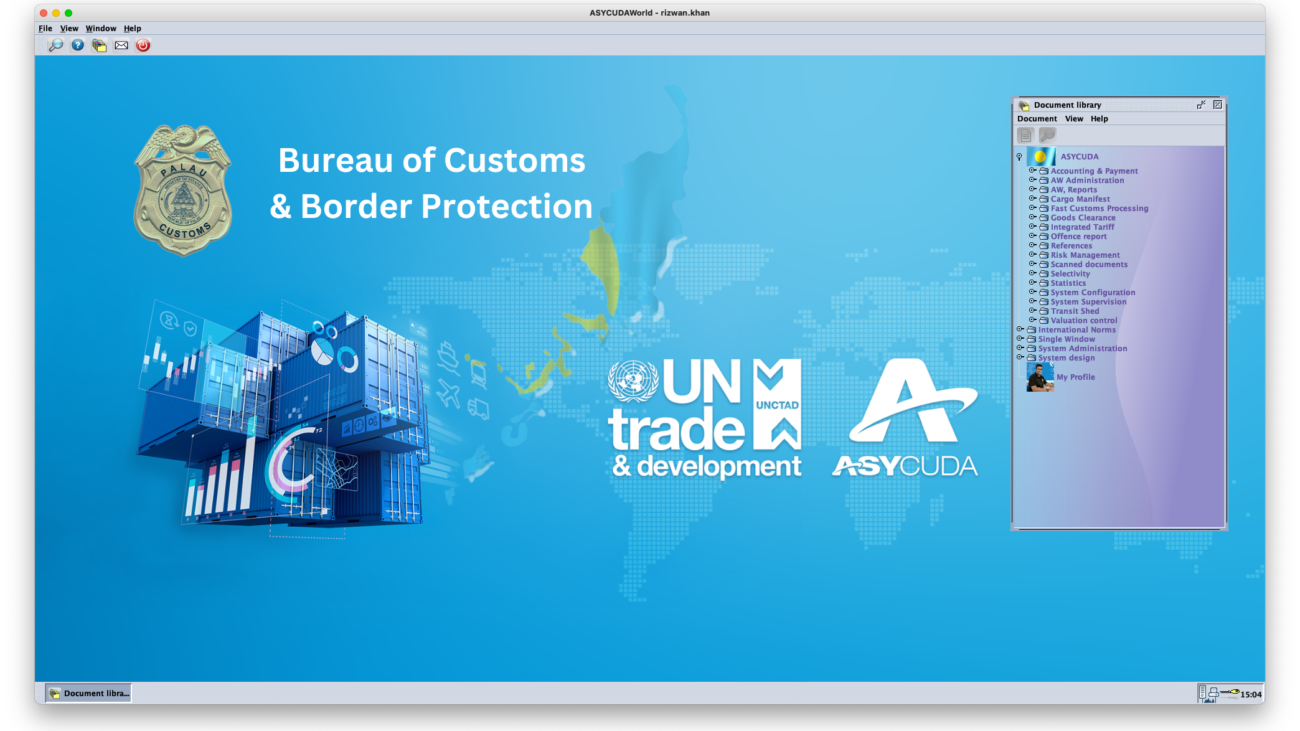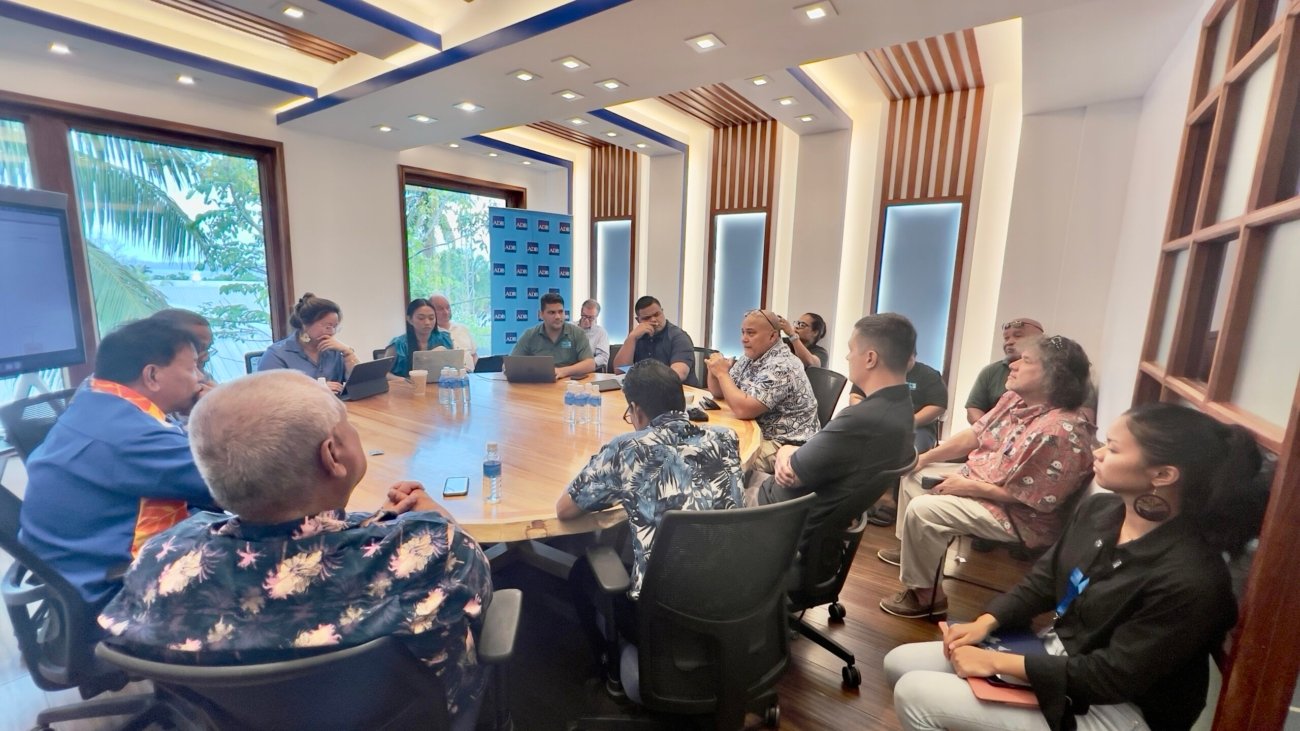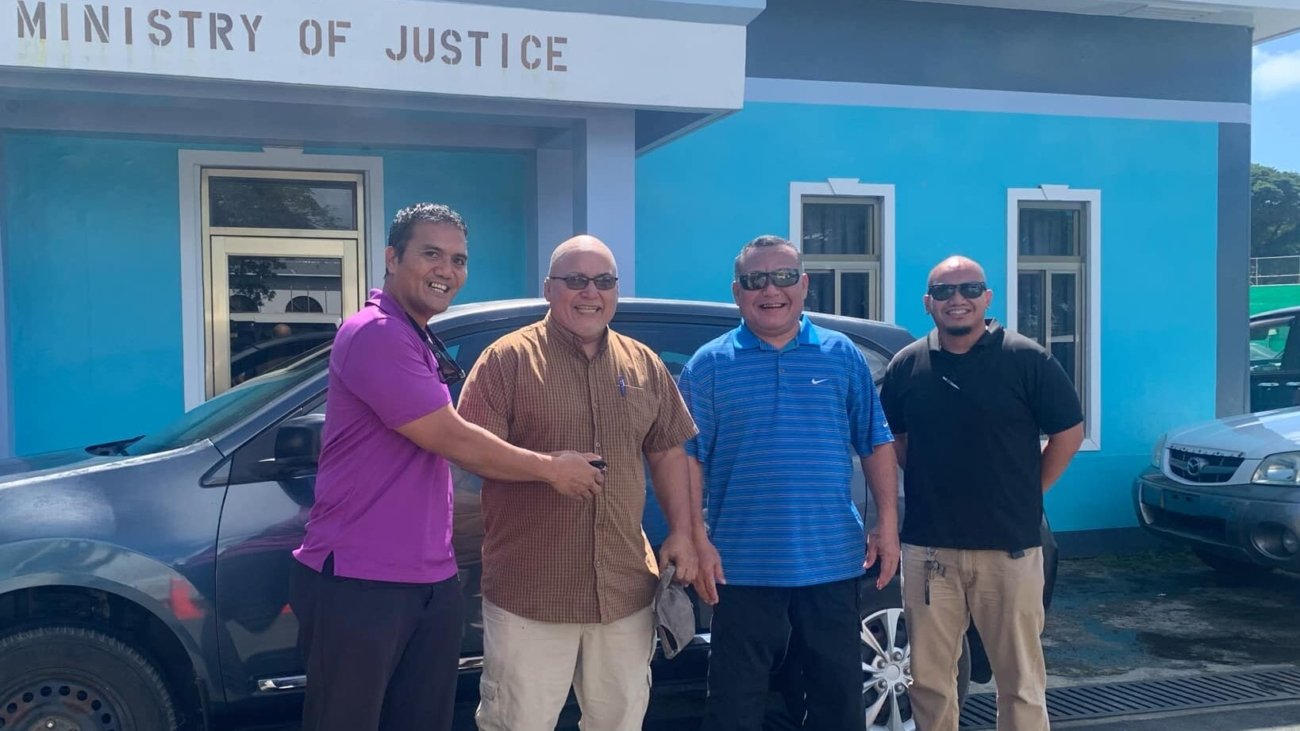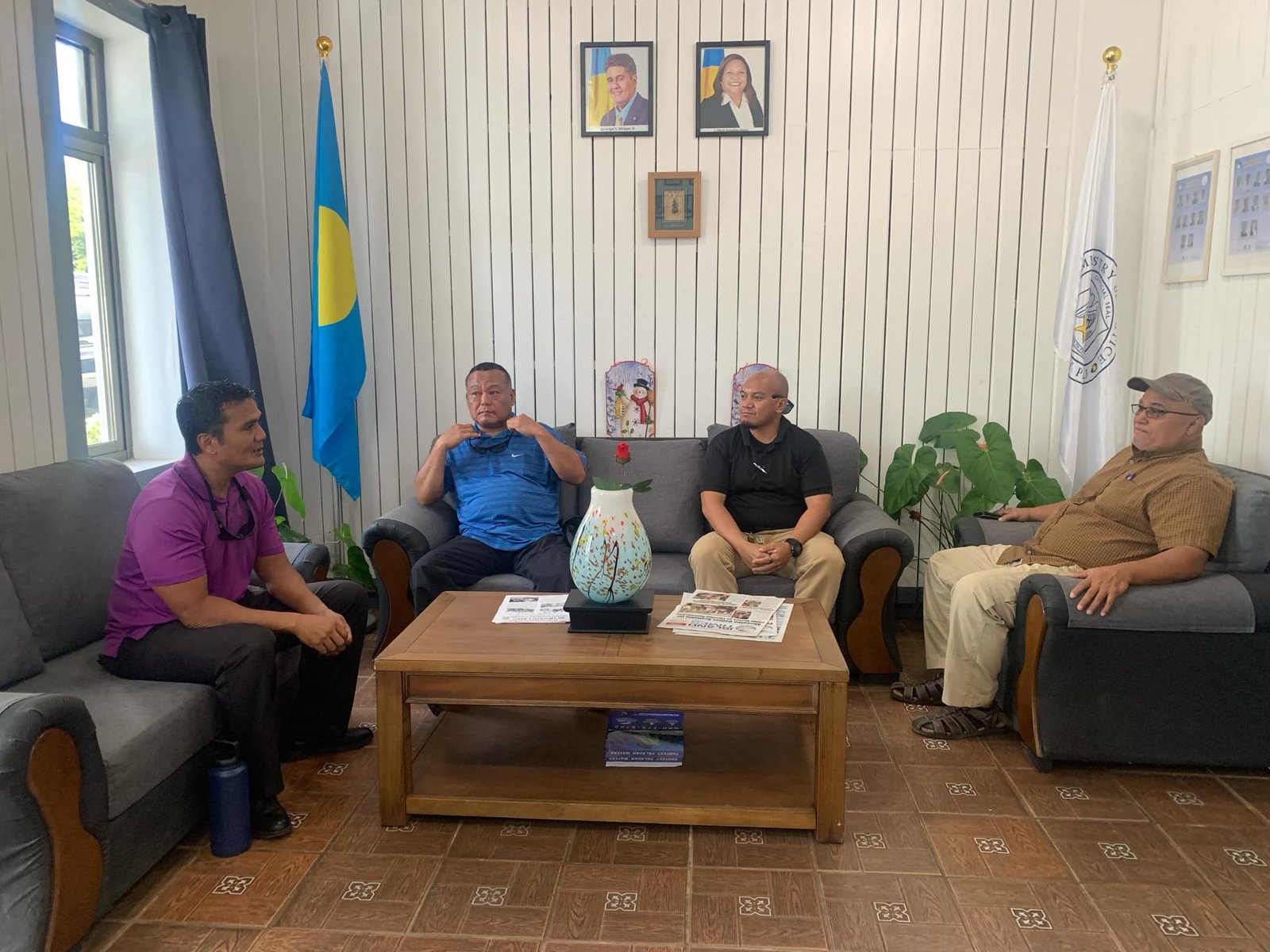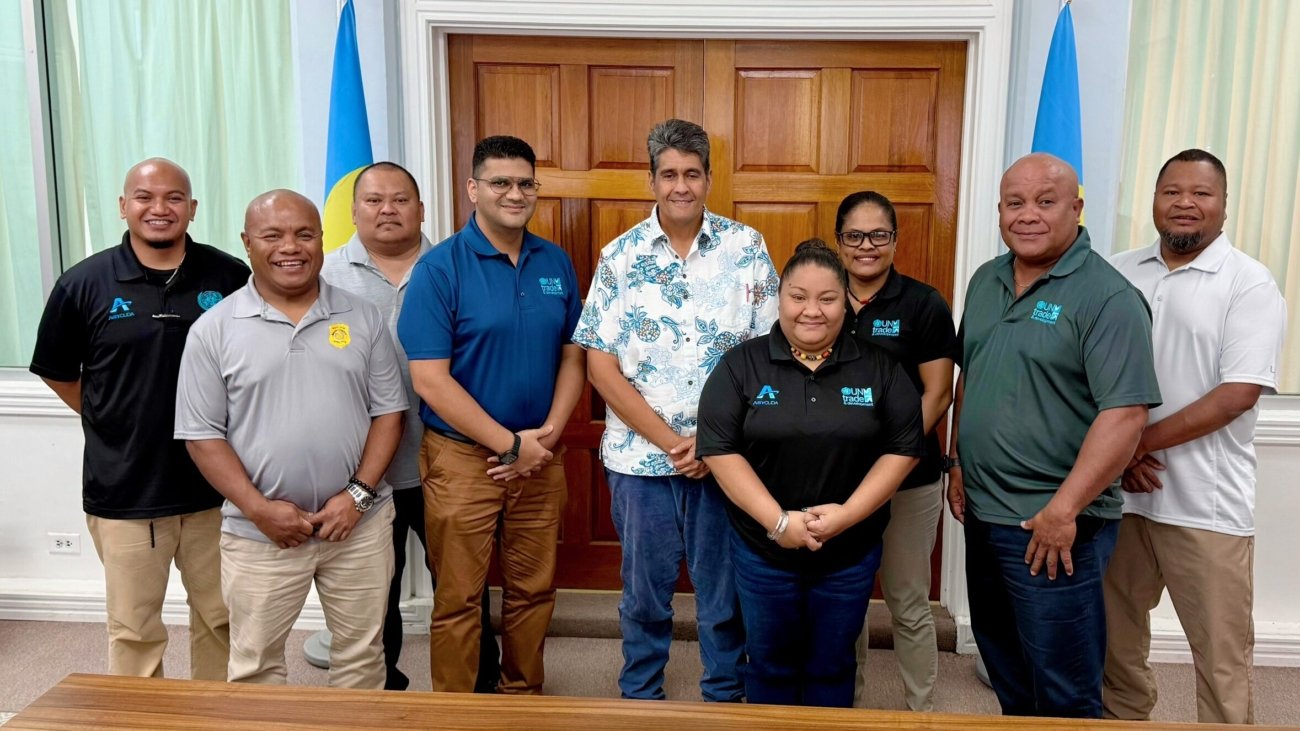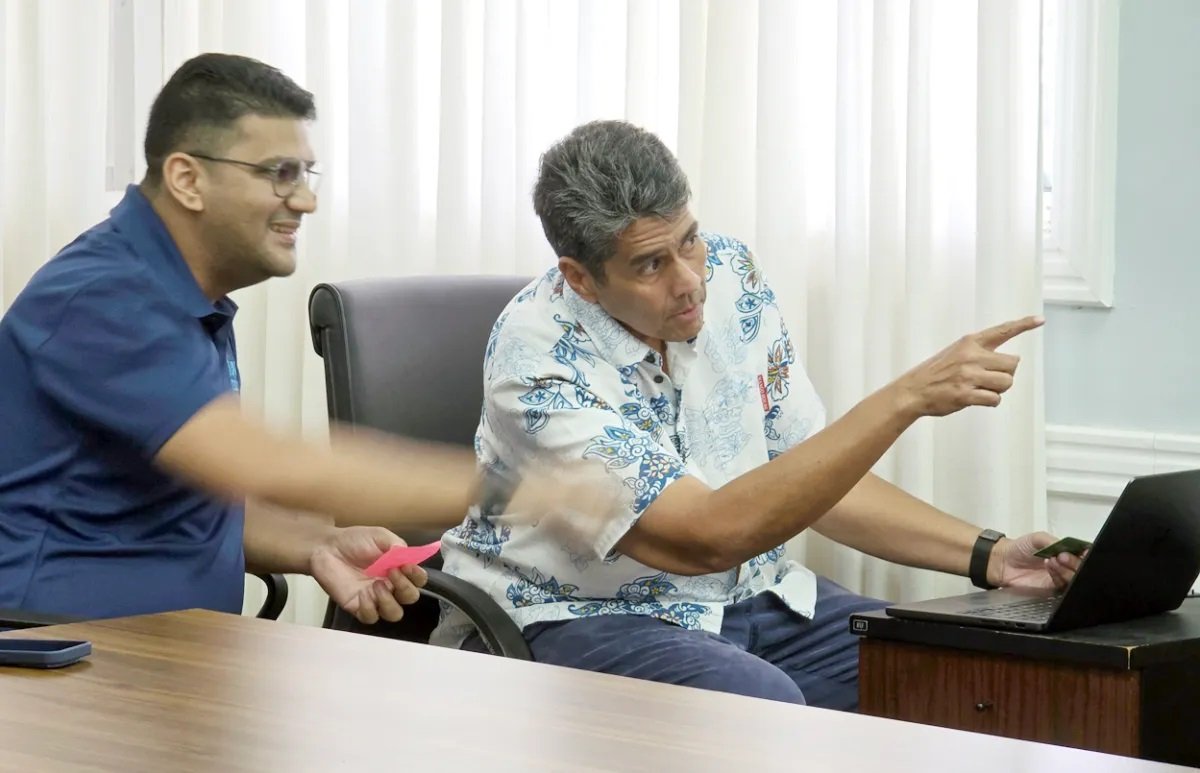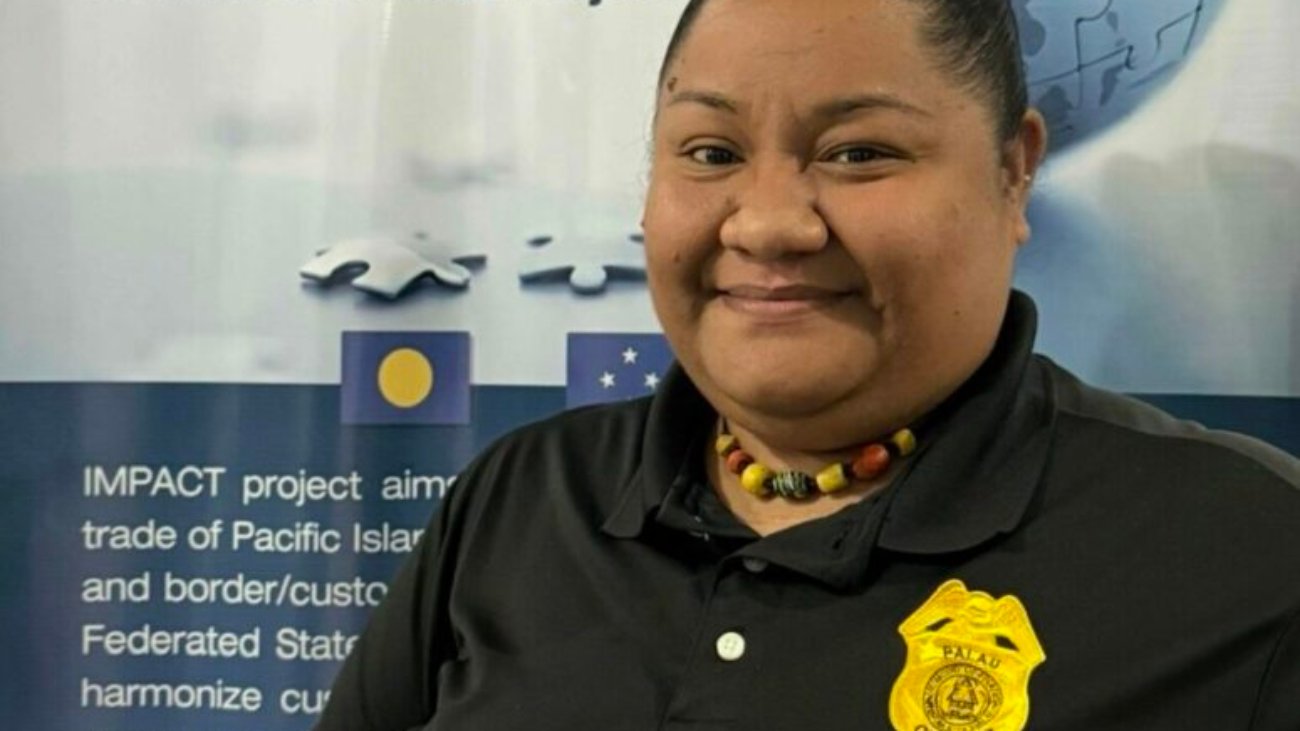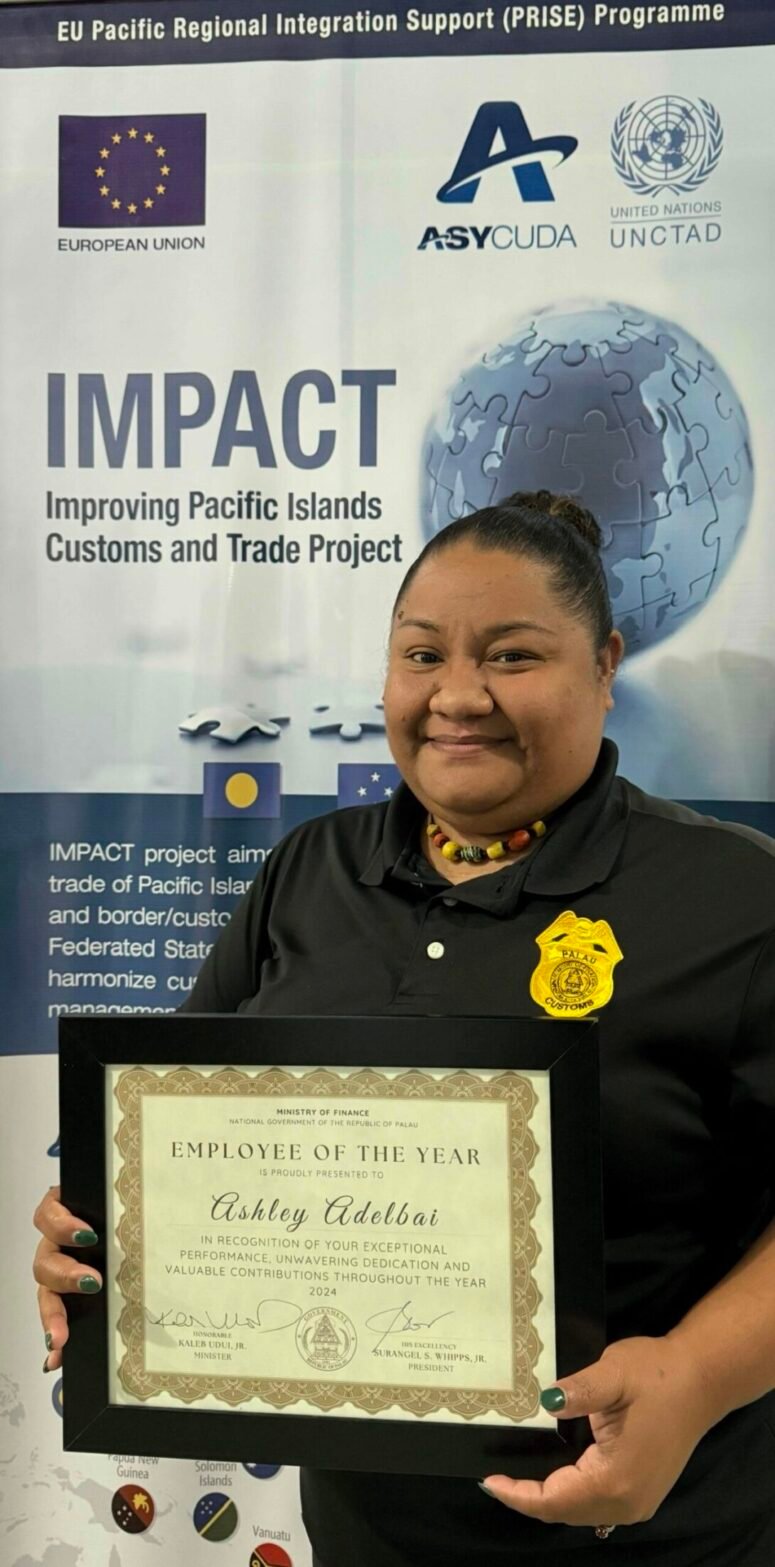On January 14, 2026, The Bureau of Customs and Border Protection (BCBP) ASYCUDA Team met with Mr. Mohammed Rizwan Khan over lunch to formally present him with a Certificate of Appreciation, recognizing his instrumental role in the successful implementation of the Automated System for Customs Data (ASYCUDA) in the Republic of Palau. During the gathering, both Mr. Khan and BCBP representatives exchanged words of appreciation, expressing their gratitude to all stakeholders involved and reaffirming their shared commitment to continued success and unity. The luncheon was graciously hosted by Mr. Khan as a token of appreciation for BCBP’s continued support and collaboration throughout the ASYCUDA implementation process.
Mr. Khan has served as a key technical expert and advisor to the Bureau since 2022, providing leadership, professionalism, and technical guidance throughout Palau’s customs digital modernization and transformation journey. His contributions have been pivotal in strengthening trade facilitation, enhancing transparency, improving regulatory compliance, and supporting more efficient and effective border management operations.
Through his dedication and expertise, Mr. Khan played a vital role in advancing BCBP’s digital transformation initiatives, laying a strong foundation for modernized customs procedures and automated systems that continue to benefit the Bureau, the business community, and the people of Palau. His service exemplifies the values of accountability, innovation, integrity, and unity that guide the Bureau’s mission and has meaningfully contributed to safeguarding Palau’s borders while reinforcing public trust.
As Mr. Khan departs Palau on a new assignment, the Bureau of Customs and Border Protection extends its sincere appreciation for his invaluable service and lasting contributions. BCBP wishes him continued success in his future endeavors and a safe journey home.
Sulang Rizwan and best wishes on your next chapter.


